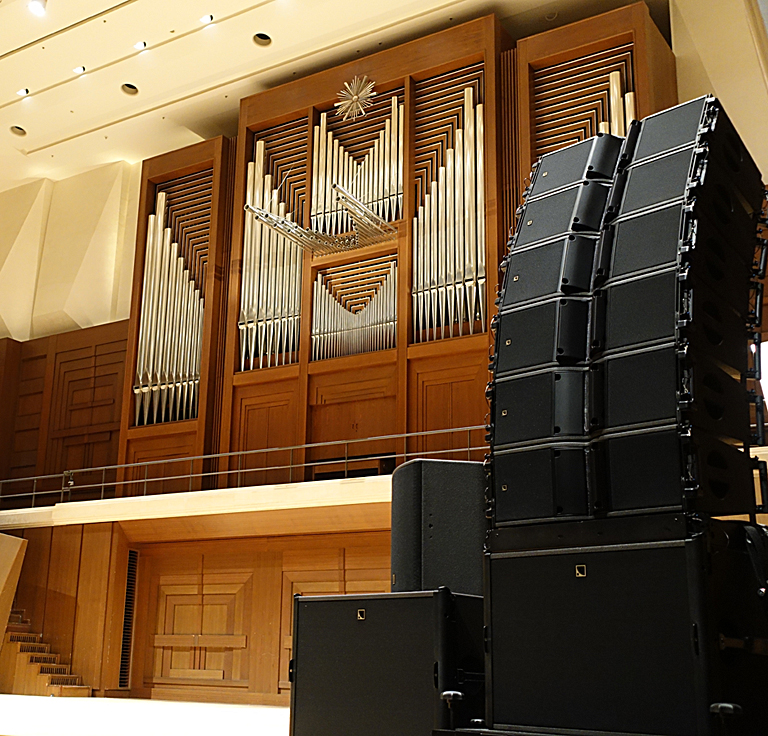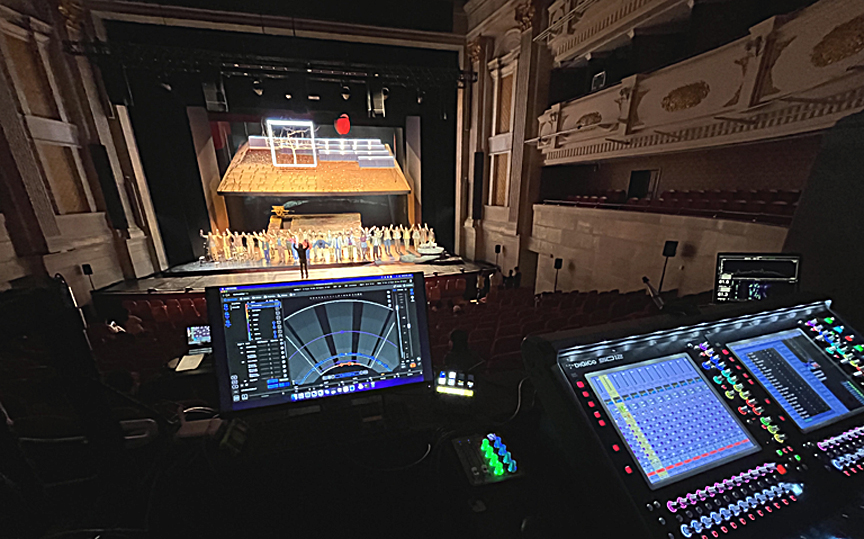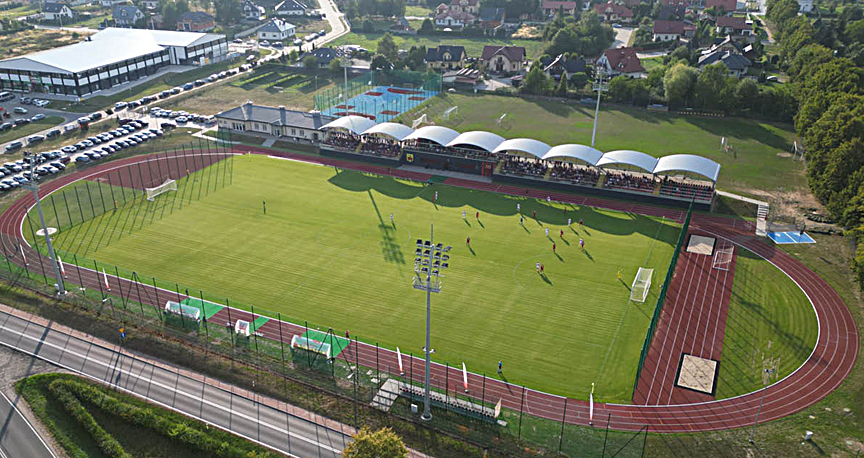ADDIS ABABA, Ethiopia – The Thinking Schools Ethiopia project, supported by the not-for-profit Thinking Foundation, has been getting a boost in its efforts to improve education within the populous and poor nation from Sennheiser's donation of audio gear. The wireless gear is being used for professional training sessions and video productions.
Thinking Schools Ethiopia began in August 2009 when Robert Price, an education consultant and father to two adopted Ethiopian children, did a pilot learning workshop with 70 teachers from seven different schools in Addis Ababa.
The Thinking Schools approach uses a combination of visual tools, community building techniques, collegial coaching and environmental mapping to build a sustainable learning and thinking community. Price says that this approach is effective regardless of a student's age, ethnicity, environment or geography.
"My initial focus was on what was going on inside the schools, versus the physical facilities or infrastructure," Price said. "At the time, I had no idea whether our sessions would be popular or if anyone would show up. As it happened, there were 80 educators in the first week – it was unbelievable." News of the Thinking Schools Ethiopia project quickly spread, and to Price's astonishment, attendees at his sessions would soon range between 100 and 400 people, including teachers and local government officials.
Price quickly spotted an opportunity to scale his efforts by incorporating the use of video and wireless audio into his routine. "I wanted to capture our training sessions on videotape and broadcast them on the Internet so more students – and other teachers – could benefit."
Price reached out to Sennheiser, and the company promptly supplied him with several of its EW 100 ENG wireless microphone systems to ensure that the audio content would be captured with clarity and intelligibility. He then enlisted a handful of local journalists, videographers and editors, and quickly began capturing the training content.
The workshops took place in a theatre-in-the-round type setting. About 50 of the attendees were asked to participate in a mock classroom while the remaining 350 audience members observed Price leading the "students." A videographer was on the scene, recording footage that would be used as part of a forthcoming DVD/CD Rom educational training series.
"To say that the Sennheiser equipment was important is an understatement," Price noted. "Without our EW 100 ENG microphones, there would have been no way to reproduce the sound and actively engage 400 people. The equipment was also fundamental in capturing high-quality audio for our DVD series."
The video recordings and subsequent DVD production is important to The Thinking Schools Ethiopia efforts for a number of reasons: First, a filmed documentation helps attract funding and broaden exposure for the project overall. Second, teachers in Ethiopia and beyond can leverage high-quality training materials to learn about and adapt the Thinking Schools methodology for their own purposes. "These materials are vital because they empower the viewers to become trained leaders themselves," Price said.
"The Thinking Schools project has put Ethiopia on the cutting edge of educational reforms," Price concluded. "Change can happen very fast, and technology can accelerate that change to make it even faster. When a company like Sennheiser gets involved, it helps us realize the kind of fundamental support that is really needed to make the project a success."
For more information, please visit www.sennheiserusa.com.


